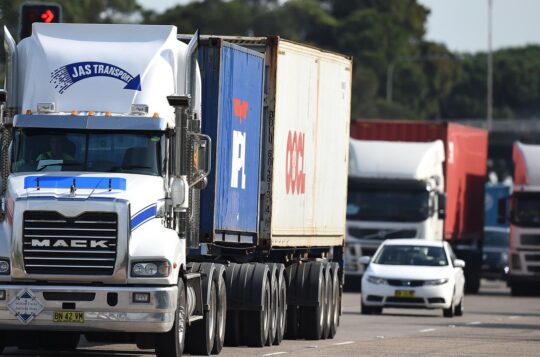
Big trucks and buses drive a heavy healthcare burden
Premature deaths and childhood asthma are among the health risks of allowing high-polluting heavy vehicles to travel on populated routes.

Premature deaths and childhood asthma are among the health risks of allowing high-polluting heavy vehicles to travel on populated routes.
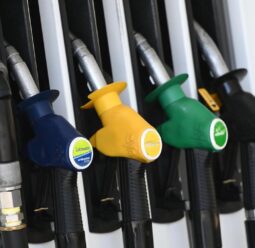
Australians are buying fewer cars that use fossil fuels alone as they shift allegiance to low-emission hybrid and electric models.
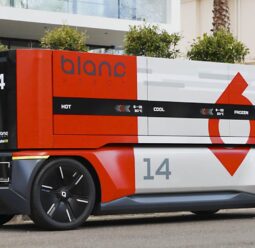
A Melbourne company creating vehicles with no seats, no doors and no steering wheel has secured an investment to boost its manufacturing.
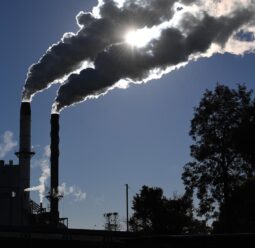
Australia could raise $35 billion a year by putting a price on pollution and help households and businesses by sharing the revenue, a report has found.
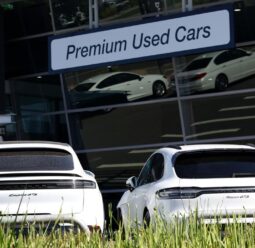
Australians are buying more used hybrid, plug-in hybrid and electric cars, although sales across all states and territories are slowing down.
The strange sight of balls of sewage repeatedly washing up on iconic beaches has triggered a $3 billion plan lauded by water and tourism experts.
It took a team of 18 people six days to remove the plastic, ghost nets and other debris from a remote Top End beach just 190 metres long.
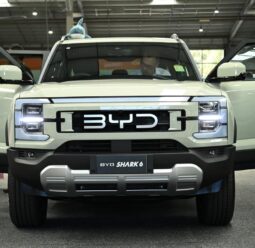
Australian motorists are increasingly choosing fuel-efficient vehicles but that does not mean a move away from SUVs or utes.
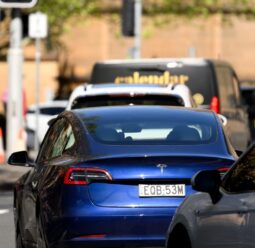
The growing popularity of hybrid and electric cars is helping to reduce Australia's transport emissions but big, old cars are slowing progress.
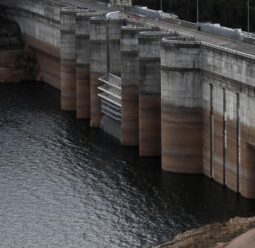
Data centres supporting artificial intelligence technology could use as much as 20 per cent of the water supply in some cities unless policies change.

Australia needs to build the equivalent of one large wind farm every month to meet its 2030 climate target, an expert warns.
The first major changes in decades to Australia's long-criticised environment laws aim to better protect natural sites and speed up project approvals.
Some schools will reopen and others close over the detection of trace amounts of asbestos in a play sand product, while experts say the risk remains very low.
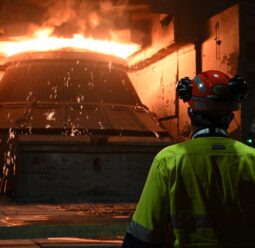
One of Australia's largest mining companies will pause its plans to produce greener iron and invest $35 million in emerging local technology.
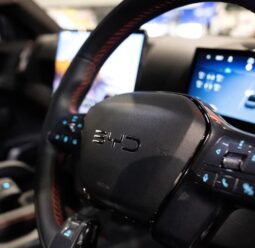
Hybrid vehicles are not just popular with new car buyers, as figures reveal the low-emission models are making up more second-hand sales.
The opposition leader maintains the Liberals care about the environment and cutting emissions as she hits the road to sell a watered-down climate policy.
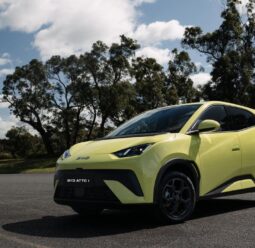
Australian motorists can expect to see more price competition in electric vehicles after one auto maker announced the cheapest model to date.

BHP can be held liable over the 2015 collapse of a dam in southeastern Brazil, London's High Court has ruled.
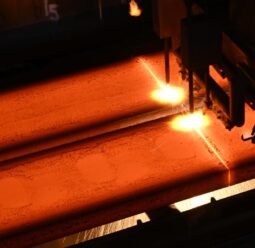
Australia should take advantage of its natural resources to lead the world in the green metals race, a report has found, with one facility an obvious choice.
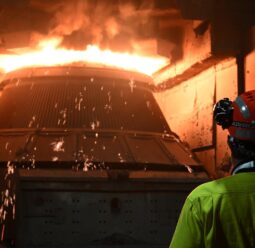
A study called 'How To Spend a Billion Dollars' says a guaranteed supply of renewable energy will be vital for the success of green iron and steel projects.
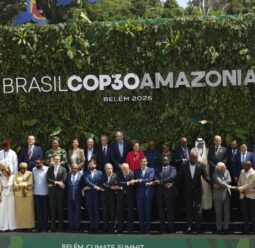
World leaders gathered on the edge of the imperilled Amazon rainforest for a second day of talks at the world's most important meeting on climate change.

An all-out plastics crackdown forcing businesses to use environmentally friendly alternatives is being rolled out to stem a massive rubbish problem.
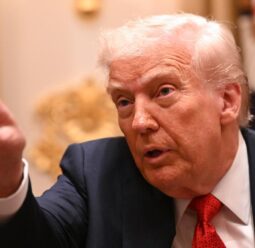
Renewable energy is taking over from oil, coal and gas, an Australian mining magnate has told shareholders, and efforts to hold back the trend are misguided.
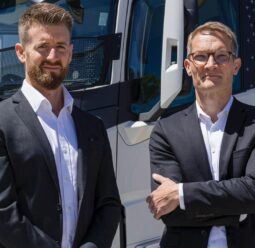
A record-breaking electric truck journey has been staged to prove Australian businesses can and should swap diesel for battery-powered transport.
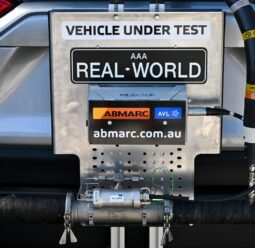
Popular vehicles including petrol-powered SUVs and hybrids are exceeding their advertised fuel consumption by up to 21 per cent, tests have found.
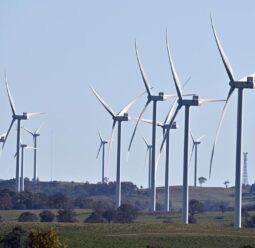
Recycling big batteries, solar panels and wind turbines at the end of their lives could create a lucrative export industry if Australia gets its rules right.
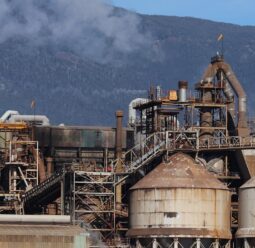
While critical mineral deals are dominating the headlines, green iron and steel partnerships could secure Australia's export future in a low-emission economy.
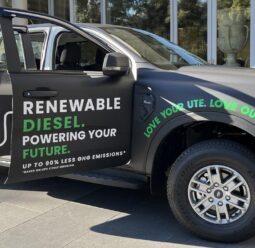
Cutting emissions from long-haul flights, shipping and trucking remains a challenge but one solution could put Australia in an enviable position.
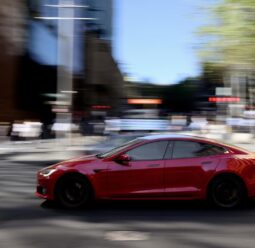
Motorists are buying electric vehicles in record numbers but uptake will need to speed up to meet climate targets and experts are calling for change.
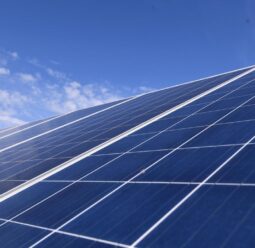
Australia faces a serious electronic waste problem from ageing solar panels but could avoid it by testing and certifying old technology for reuse.
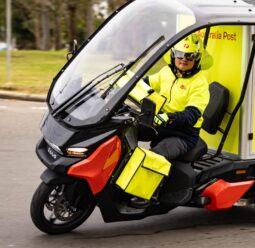
Australia's largest electric fleet is expected to grow significantly with the introduction of three-wheeled vehicles capable of carrying more parcels.